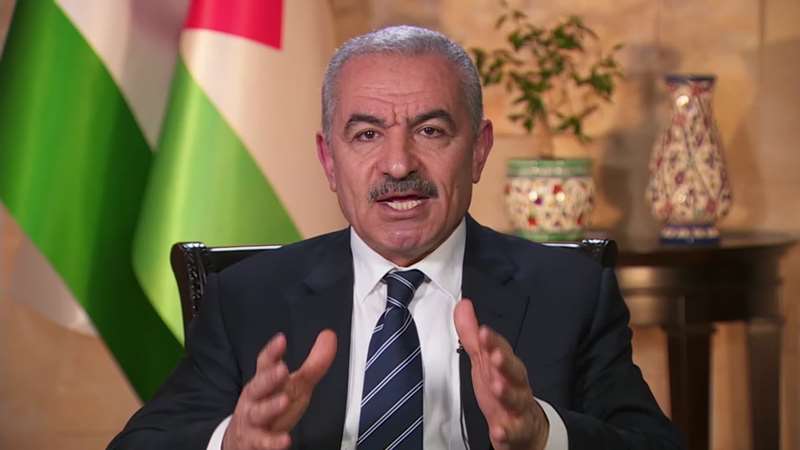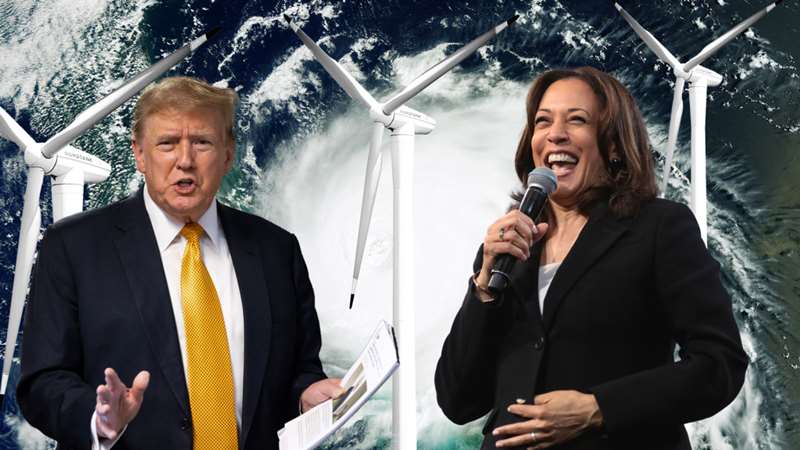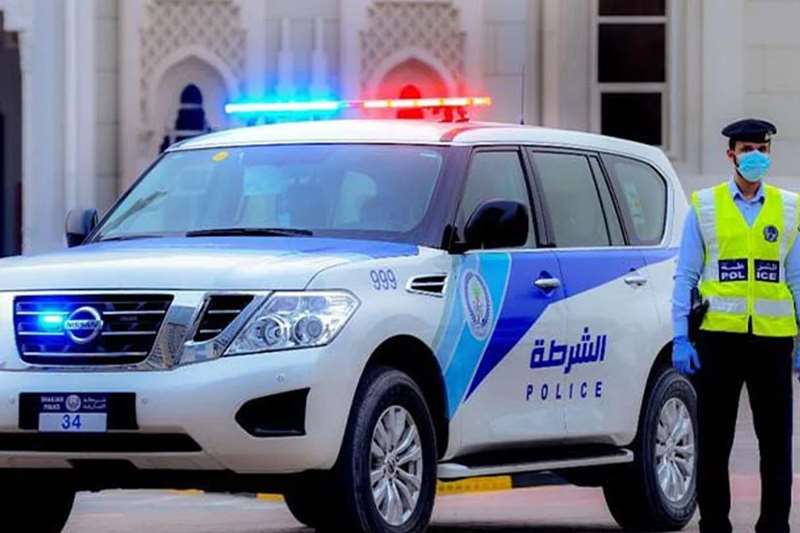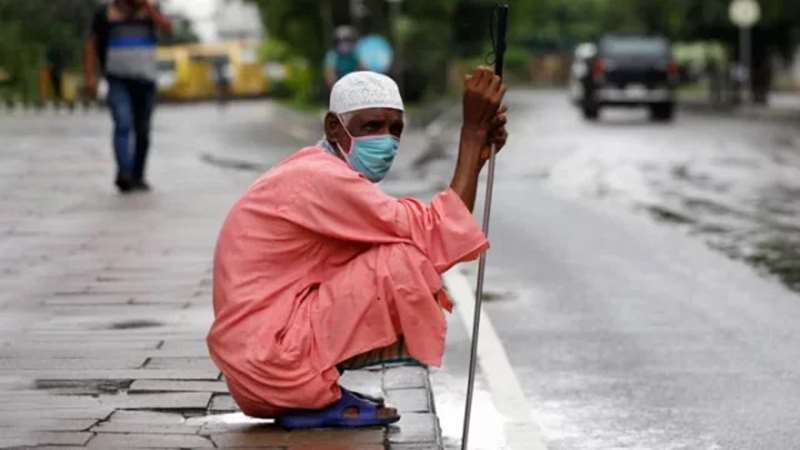Palestinian Prime Minister Shtayyeh resigns

Palestinian Prime Minister Mohammad Shtayyeh Submits Resignation Amid Talks of Technocrat Government
Palestinian Prime Minister Mohammad Shtayyeh Submits Resignation Amid Talks of Technocrat Government.
In a significant political development, Palestinian Prime Minister Mohammad Shtayyeh has officially submitted his resignation to President Mahmoud Abbas. This move, confirmed by Sky Arab News through Palestinian sources, hints at a possible reshuffling in the Palestinian government.
Mohammad Shtayyeh, who has served as the Prime Minister since 2019 and is a key figure in the Fatah Central Committee, the ruling party, appears to be stepping down in a time of considerable negotiation and change within Palestinian politics. This decision comes at a critical juncture as Hamas, the ruling authority in Gaza, has shown support for the establishment of a technocrat government. This proposed government aims to undertake the dual challenges of rebuilding Gaza and ensuring security in the valley, following the recent conflicts with Israel.
The move towards a technocrat government suggests a strategic shift in Palestinian governance, aiming to address the urgent needs of reconstruction and stability in the region. The collaboration between the Palestinian Authority and Hamas in this effort marks a significant, albeit cautious, step towards unity in the face of ongoing challenges.
The resignation of Shtayyeh and the potential dissolution of the current government underscore the complex political landscape in Palestine, where internal dynamics are as influential as the external pressures and conflicts. The formation of a new government, especially one focused on technical expertise rather than political affiliations, could pave the way for substantial progress in Gaza's reconstruction and broader regional peace efforts.
However, the success of such a government will depend on various factors, including the support it receives from both domestic and international stakeholders, its ability to effectively address the pressing issues facing the Palestinian territories, and the extent to which it can navigate the intricate politics of the region.
As the situation unfolds, all eyes will be on President Mahmoud Abbas's next steps, including his acceptance of Shtayyeh's resignation and the formation of the new government. The international community, particularly those invested in Middle Eastern peace and stability, will be watching closely to see how these developments impact the broader Israeli-Palestinian conflict and the prospects for a lasting resolution.










পাঠকের মন্তব্য